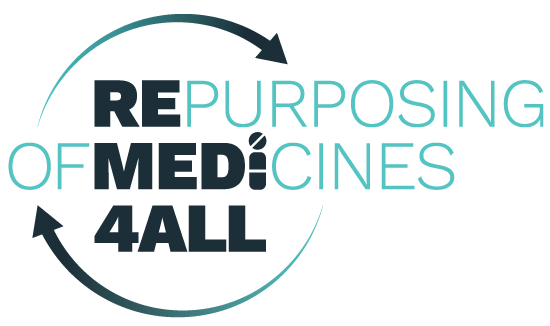In the context of regulatory affairs in drug development, a regulatory pathway refers to the series of steps and requirements set by regulatory agencies, such as the U.S. Food and Drug Administration (FDA) or the European Medicines Agency (EMA), for the approval and commercialization of a new drug. This pathway involves various stages of pre-clinical testing, clinical trials, and regulatory submissions, as well as post-marketing surveillance and monitoring. The goal of the regulatory pathway is to ensure the safety and efficacy of new drugs before they are made available to the public. The specific requirements and steps involved in the regulatory pathway can vary by country and can be influenced by factors such as the type of drug, its intended use, and the target patient population. The regulatory pathway is a crucial aspect of drug development and can have a significant impact on the timeline, costs, and success of a new drug.
© 2025 REMEDi4ALL. Privacy Policy | Legal Notice
Close Menu
- About Us
- News & Events
- iDRThe iDR Conference Series is an annual global conference series where key opinion leaders from research and patient communities, funders, regulators and representatives from the private sector participate to collectively advance innovative drug repurposing in Europe and beyond.
- Column wrap 2
- NEWS
- Concierge
- Column wrap 1
- DRUG REPURPOSING CONCIERGEExpert guidance and collaboration in drug repurposing. Connect with our team for a tailored 30-minute consultation to explore funding, regulatory pathways, scientific support, and advocacy opportunities. With 120+ inquiries handled and a 100% response rate, we’re here to help navigate the path from discovery to market.
- Column wrap 3
- Training
- Resources
- Connect


